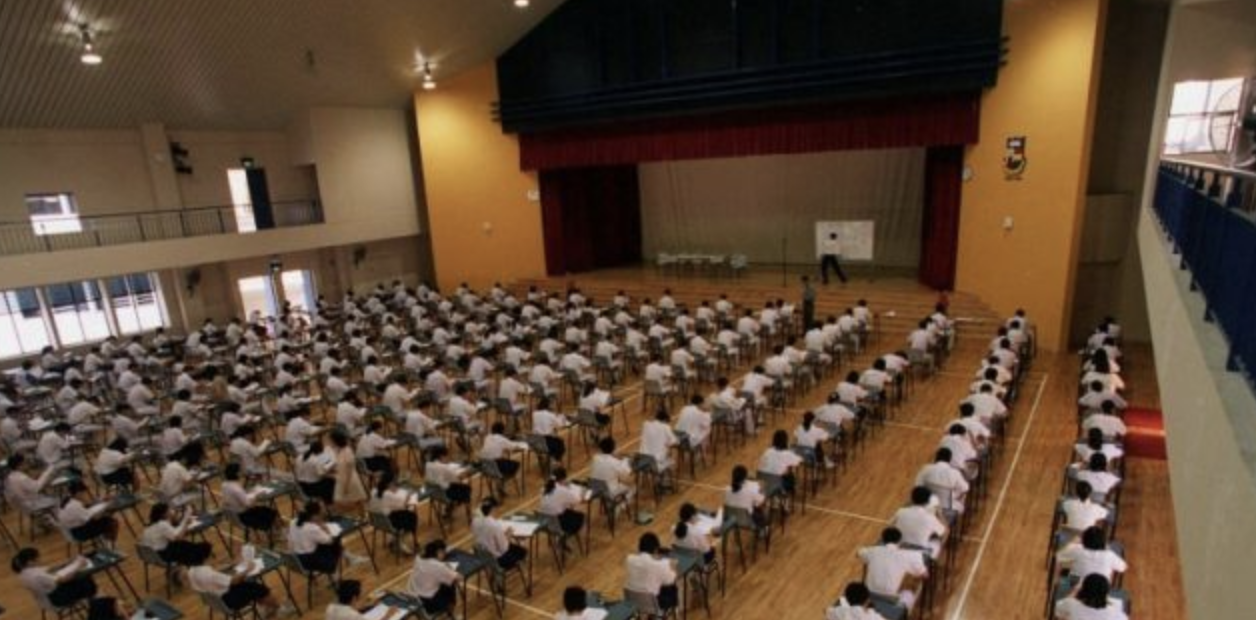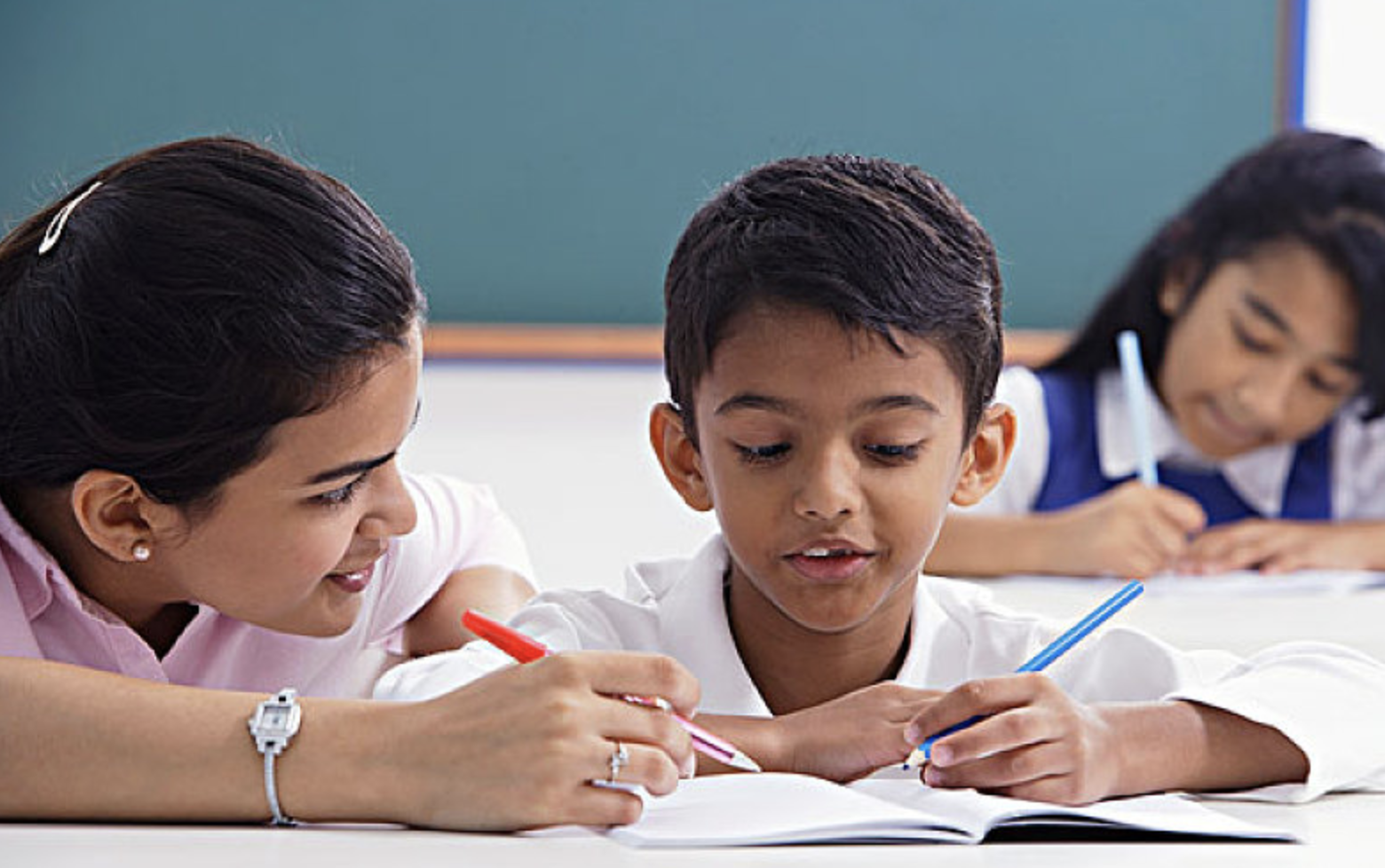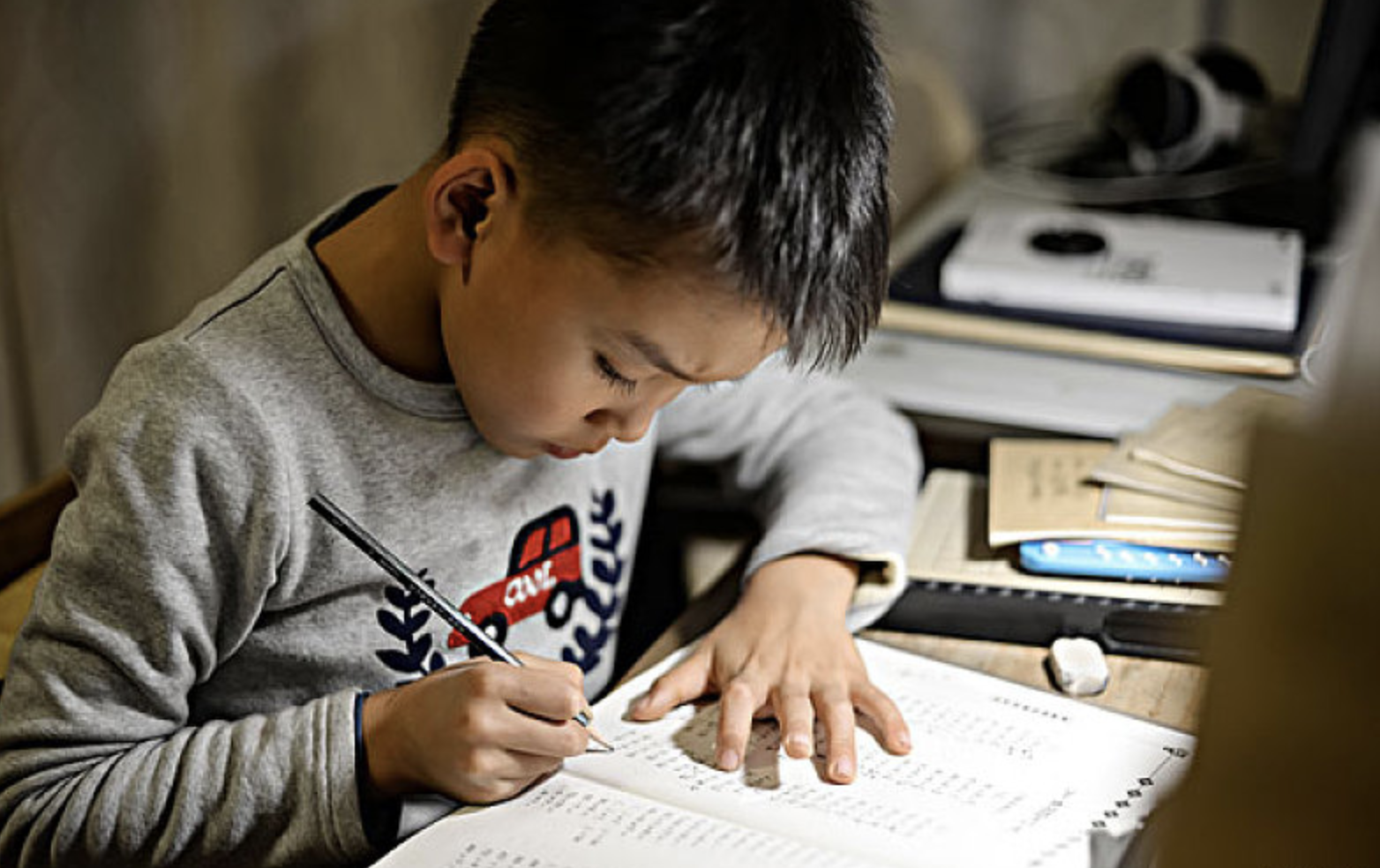
With the COVID-19 pandemic still lingering across the country, the Singapore government announced new arrangements for this year’s national examinations. The dates for the PSLE and the GCE O, N and A Levels are still slated on September 14 to December 2 but students and examiners will have to abide by new safety protocols to prevent COVID-19 from spreading.
Covid-19 Exams Safety Protocols
Students who are positive from the virus or under quarantine/stay-home orders are not permitted to take the exams.
According to the Singapore Examinations and Assessment Board and the Ministry of Education, exceptions will be provided to these students depending on the validity of their case. Once they are allowed to take the test, they will be taking it in a centralised venue where the examination board will monitor their progress and they will use separate rooms to take their exams.
Students are also given designated toilet assignments to prevent mingling as a part of new precautions here, as well as their own areas for entrance and exit. Students will also need to prepare for their own transportation to the venue because public transport is not permitted.
For students under LOA because they have contact with people who have the virus, they will not take exams. LOA students living in a suspected household with home quarantine orders can only take their exams if their COVID-19 results are negative. Special considerations can be requested for these candidates and the government will pay for the exams. Similar arrangements will also be provided for students under medical leave.
Special considerations will also be given to candidates who will miss the exams for valid reasons. The SEAB and the MOE will check each application thoroughly and adjust their grading if their reasoning is valid.

Postponing National Exams Will Affect Student’s Progress
According to the two bodies, 120,000 students are scheduled to take their national examinations this year. Postponing the exams can affect the student’s progress and the two bodies tasked to handle the test aims to ensure that the tests are conducted for many students and it is done safely.
Before the examination period begins, safe management protocols will be implemented in all the schools and examination venues to ensure students and examiners will be safe from the virus. Those taking the PSLE that will show signs of an acute respiratory infection will even be tested before the exam’s written exam period.
Both the MOE and the SEAB say they will check the situation closely to ensure that they can announce any changes to the examinations immediately.
National Exam Dates 2020
- GCE N Levels – September 14 to October 16
- PSLE – October 1 to October 7
- GCE O Levels – October 19 to November 12
- GCE A Levels – October 26 to December 2

Remind your child of safety regulations
Before your child takes on their national exams, take the time to inform them of the safety regulations the country is enforcing to prevent the virus from spreading.
Here are the regulations that you should repeat to your children before the exams:
1) Always have their masks on
Make sure that your children keep their masks on when they leave your home and tell them to keep it on even while they are taking their exams.
If you can, pack a spare mask in their bag in case they need to replace it and let them know how to properly dispose of their used one. You should also teach them how to remove or put it back on properly if they have to remove it for any reason.
If they do have to remove it temporarily for eating or drinking, remind them to clean their hands and not touch the mask as much as possible.
2) Avoid mingling with other classmates
Some children tend to mingle with their peers after their exams as a way to celebrate or forget the exam stress for the meantime. However, tell your children to avoid this for the meantime because the virus can spread easily through verbal communication and close interaction.
3) Stay 1m away from others
If your child really needs to speak with someone after the test or during the test for whatever reason, tell them to practice safe social distancing.
If there isn’t an urgent need to communicate with others, it is preferable for your child to go straight home after he completes his papers.
Avoid touching one’s face with unclean hands
If your child tends to touch their face often, remind them about the dangers of doing so with unclean hands. Have them bring a hygiene kit that has soap or disinfectant so they can sanitise their hands regularly.
You can also include an antibacterial wipe packet for them so they can wipe the surface of the areas they will use throughout the test. If you want to pack snacks for them, don’t forget to include food that will boost their immunity system.
Remember to wash your hands before and after using the toilet
If they use a toilet, remind your child to wash their hands before and after use because it is possible that they may get into contact with the virus if they touch various surfaces.
They must also practice the right way to do handwashing to ensure that no virus remains in their hands by accident.
Don’t linger in school once the exams are done
Once your child is done with their exams, fetch them up immediately so they won’t linger in the examination area and speak with their peers. If you can’t fetch them up early, have someone you trust fetch them and take them home safely.
Conclusion
Before your child takes their national examinations this year, make sure to familiarise yourselves with the new protocols released by the MOE and the SEAB. These protocols are there to keep your child safe during their exams and also reassure them that everything is being done to prevent any disruptions.
If your child will be unable to take their national exams due to COVID, inform the MOE and the SEAB immediately and find out how they can take their exams on a later date.
For updated news on National Exams, check these out:
Changes to National Exams in 2020: List of Topics Removed from PSLE, N Level, O Level and A Level
National Exams to Continue: How are Our Students Going to Cope without Teachers in Classrooms?
